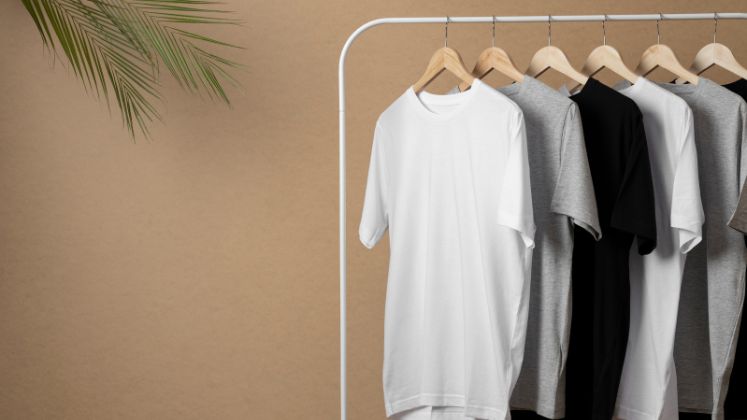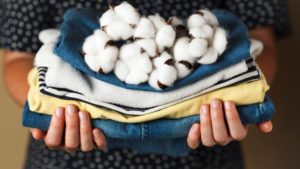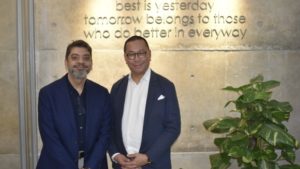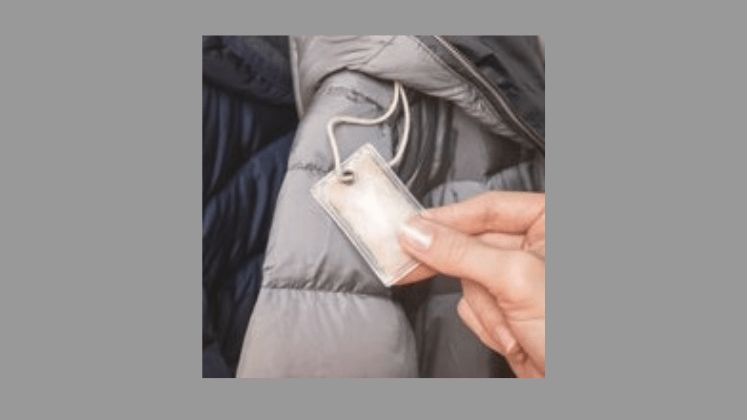
There is a fast realisation among the Vietnamese garment companies to go green. Vu Duc Giang, Chairman, Vietnam Textile and Apparel Association (VITAS) had recently said at a seminar that the garment and textile industry is currently facing the constraint of production price, environmental safety, and health of workers and that is the reason why there is a strong need to address the issues quickly.
It is important to note here that the textile and garment sector of Vietnam annually spends about US $ 3 billion on production of energy. It is therefore high-time that the textile and garment firms in Vietnam upgrade their processes of production so that they match the world standards for emissions and wastage. Tal Apparel Limited’s dyeing factory has applied energy-saving solutions since 2009, cutting 26 per cent of emissions and 36 per cent of water used in production. There are quite a few other companies in Vietnam also which use ozone, instead of chemicals, to remove the colour from textiles as ozone requires less water. Since brands across the globe are stressing on offering sustainable yet comfortable apparels to customers who are increasingly becoming eco-conscious, Vietnam’s growing awareness towards this domain at the same time is indeed commendable.
In its efforts to make Vietnam’s 2030 Agenda for Sustainable Development a success, the Government of Vietnam recently announced a plan that features 17 targets alongside 115 specific goals. It is worth noting here that The Ministry of Planning and Investment announced that these goals will, in all probability, be executed in two phases: 2017-2020 and 2021-2030.
Team Apparel Resources (AR) recently spoke to some of the companies to understand their initiatives and measures to promote sustainability and eco-friendly products.
Taking this trend to new highs, Eco-Bambou, a French-owned manufacturer, retailer and distributor based in Vietnam that makes sustainable apparels for men, women, and kids, is using certified organic fibres such as bamboo, Tencel, modal fibre, coffee fibre, and soybean fibre to make fashionable apparels. The organic waste emerging out of the production process is then utilised to make fashion accessories.
Corroborating further on the above, Eric Fraboulet, CEO, Eco-Bambou, said that the clothes produced by Eco-Bambou are so comfortable to wear that people do not feel like taking them off after trying them on in the trial room – there is nothing bigger than the ‘feel good’ factor.
And, what defines that ‘feel good’ factor?
Eric explained that the skin-friendly and hypoallergenic traits of bamboo and soybean apparels make them ideal for babies, teenagers, and also pregnant women. Creating products for the wellness of customers defines the strength of Eco-Bambou. While conforming to what Eric said, Marian von Rappard, Owner, Evolution3, averred that the comfort of denim manufactured at Evolution3 will inspire the youth to give up their cars and get back to bikes and cycles.
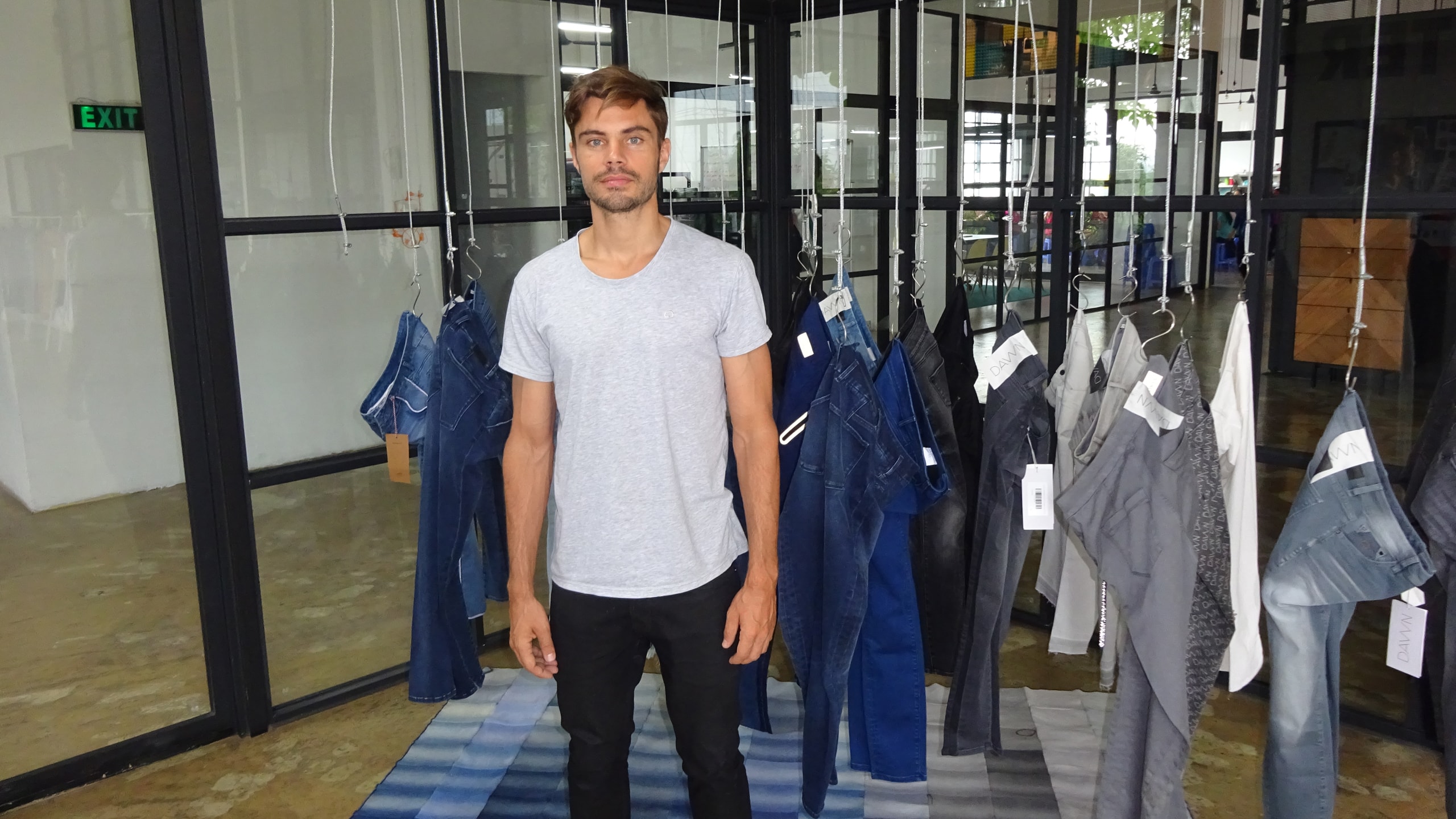
While Evolution3 produces almost 75 per cent of denim, their non-denim percentage is mere 25 per cent. Marian is keen to making everything sustainable and it can be seen everywhere at Evolution3. The beautiful plants and flowers adorning the company on all sides highlight its bent towards eco-friendliness. “Yes, we are trying to make it an organic non-pesticide garden and we are very happy about it,” underlined Marian. Even Namyang Sourcing Co. Ltd. has planted plenty of trees inside its campus and they believe that despite not expecting any good returns, something needs to be given back to the environment and nation.
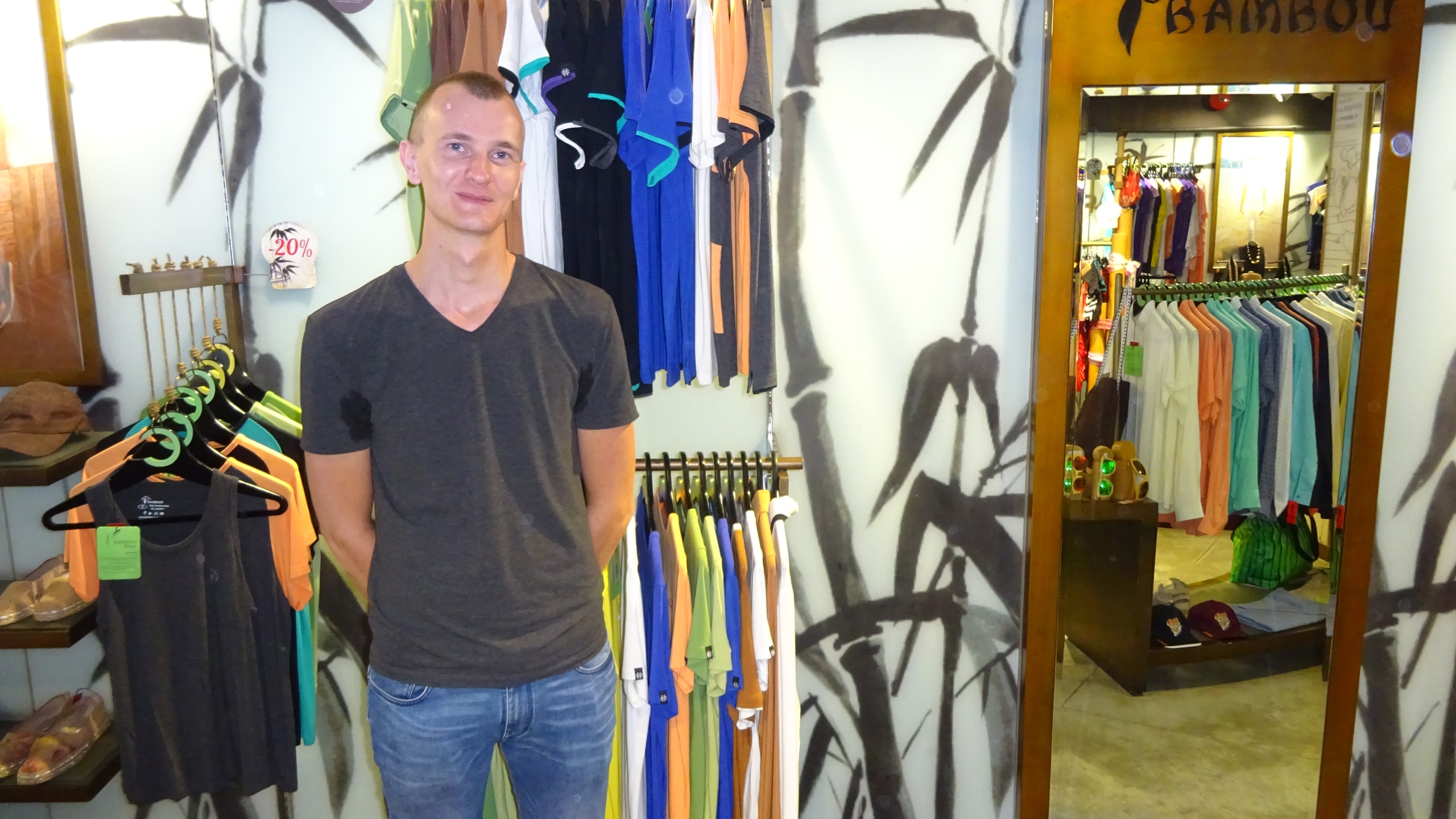
Gilles Cousin, Production Manager, Eco-Bambou, said that using organic fibres not only enhance the life of the products made by them, but also make those products non-prone to fading – eventually increasing the shelf-life of the products.
On similar lines, Wunderlabel manufactures all of its customised woven labels with a minimum of 50 per cent recycled yarn. “Going forward, we are also now focusing on 100 per cent recycled polyester yarn in a year or two,” reasoned Philip Linde, Director, Wunderlabel. The eco-friendly woven and printed labels that the company makes and then sells online is one of its kind in Vietnam.
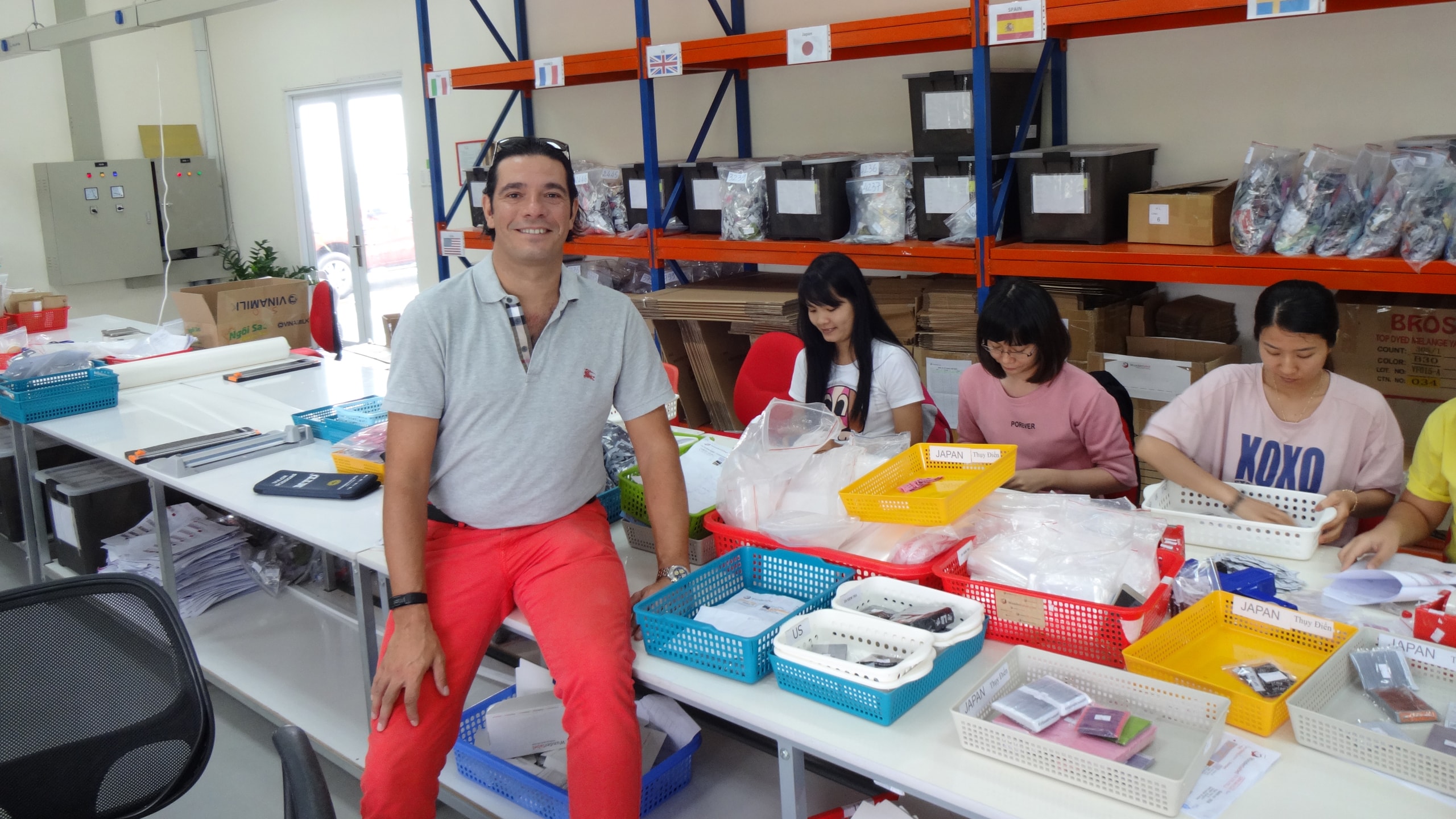
Creating sustainable fabrics is one challenge but making the consumers understand it is another challenge. After the success of the brand ‘Dawn’, Evolution3 is now planning to launch its second sustainable denim brand ‘Super Vision’ denim before the year ends. “While we will be launching our new brand, we are going to be transparent with our customers by providing them every source and also telling them about all the challenges. We need to empower our consumers,” explained Marian.
Not just empowering the consumers, but also offering sustainable solutions is what GTP Group is all about. Jefferey LH Goay, General Director, GTP Group said that in its committment to supply sustainable products, GTP Group ensures that green chemicals as well as latest zero discharge treatment for garment dyeing processes are bought from Garmon Italy – leader in R&D and Marketing of total chemical solutions for the apparel industry.
The GTP Group has been playing a key role in taking companies like SENKA, the renowned Japanese denim solution supplier, to denim fabric producing units across Vietnam. In most of the factories, after washing, the fabric comes out in various shapes; however, in companies like SENKA, the fabric comes out in one colour and is perfect (though it is on higher side when it comes to pricing). SENKA then ensures that its technical team visits the denim fabric making unit to analyse the problem and then provide solutions – and GTP Group has been instrumental in making it happen.
One good thing about the garment companies in Vietnam is that every company, big or small, is considering sustainability as a part of all their economic calculations.


